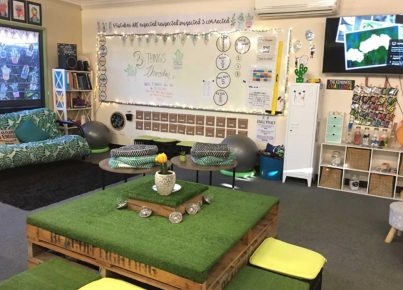Introduction:
The Ofsted inspection is a crucial evaluation that holds significant weight in determining the quality and effectiveness of educational settings for children in their early years. To ensure your institution is well-prepared for an inspection, it’s essential to maintain good practices and keep necessary documentation up-to-date. This article aims to provide guidance on getting ready for Ofsted inspections and making your early years provision stand out.
Understanding the Inspection Framework:
The first step towards preparing for an Ofsted inspection is understanding the Education Inspection Framework (EIF). The EIF focuses on four main aspects:
1. Quality of Education
2. Behaviour and Attitudes
3. Personal Development
4. Leadership and Management
By familiarizing yourself with these areas, you can tailor your institution’s strategies and practices to meet the expectations set by Ofsted.
Develop a Self-Evaluation and Improvement Plan:
A self-evaluation enables you to reflect on your institution’s strengths and identify opportunities for improvement. Using this information, you can develop a comprehensive improvement plan that prioritizes areas needing attention, establishes clear targets, and highlights steps to achieve progress.
Involve Staff in the Preparation Process:
Ensure all staff members understand the EIF and are aware of the organization’s self-evaluation and improvement plan. Collaborate with them in developing action plans, setting goals, and sharing best practices. Hold regular meetings to track progress and make any necessary adjustments.
Maintain Accurate Documentation:
Ofsted inspectors will review various documentation related to your institution’s policies, procedures, assessments, attendance records, safeguarding measures, children’s progress reports, staff recruitment processes, etc. Ensure that all records are up-to-date, accurate, easily accessible, and comply with statutory requirements.
Provide Continuous Professional Development Opportunities:
Invest in staff development through training sessions, workshops or courses focused on early years education best practices. This approach not only improves the staff’s knowledge and skills but demonstrates your commitment to maintaining high-quality standards.
Build Positive Relationships with Parents and Guardians:
A thriving partnership between educational institutions, parents, and guardians is vital for a child’s development. Establish open communication lines by arranging parent-teacher meetings, sharing regular progress updates, and inviting parents to contribute to the learning process.
Prepare Children:
Teach children about the importance of respecting rules, displaying good behavior, and working as a team. This helps them feel confident when inspectors observe their behavior and interactions during the inspection.
Closing Thoughts:
Ofsted inspections play an essential role in assuring quality early years education. Preparing for an inspection requires continuous self-improvement, keeping records updated, investing in staff training, collaborating with parents and guardians, and supporting children’s personal development. By following these guidelines, you are well on your way to not only meeting the Ofsted requirements but also fostering an ideal learning environment for children in their early years.





